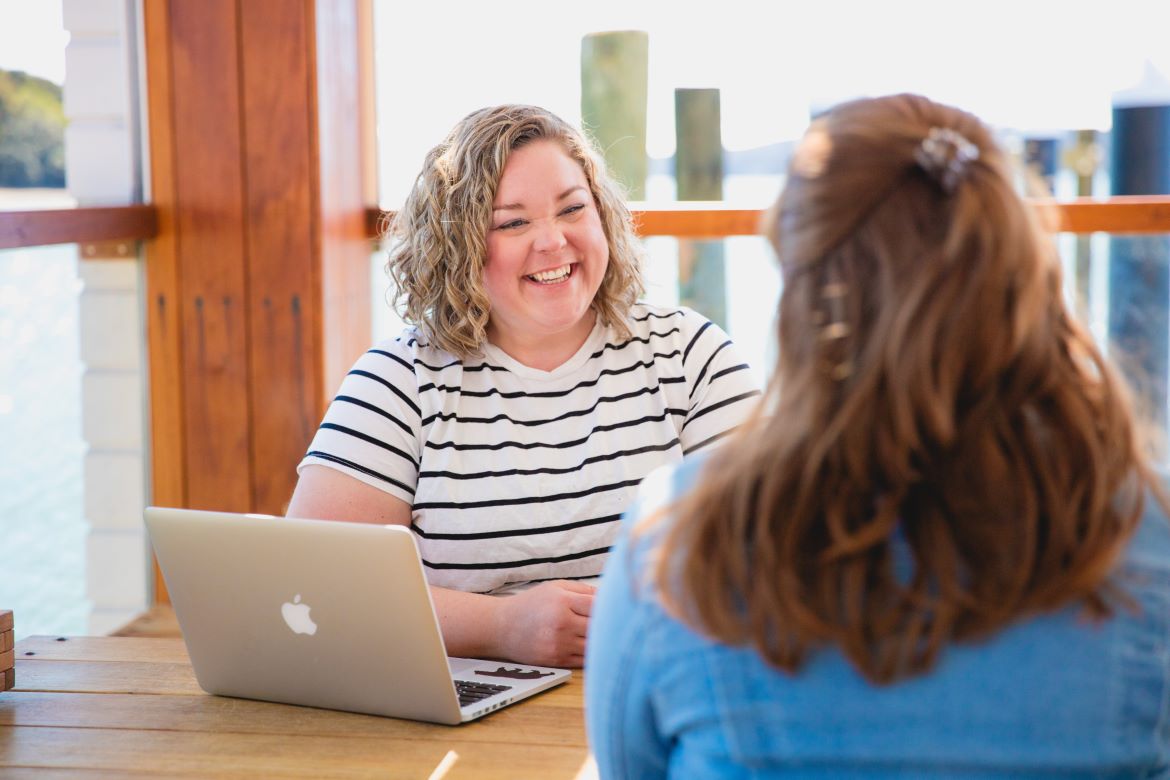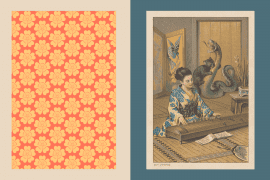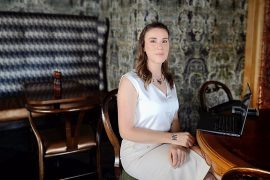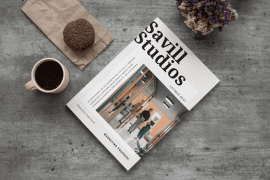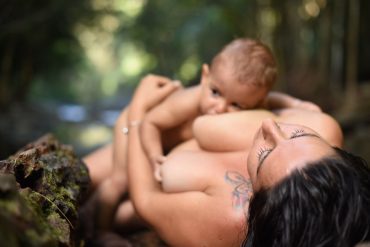By Brie Timings – Director, Simple Life Social
The World Economic Forum is naming the aftermath of the Covid-19 pandemic the Fourth Industrial Revolution.1 The first revolution was the transition to new manufacturing processes in the textile industry at the second half of the 1700s. The second revolution was the age of science and mass production at the end of the 19th century and the third was the rise of digital technology (semiconductors, mainframe computing, personal computing and the internet) in the 1950s.
When we initially went into lockdown here in New Zealand on 25 March, 2020, many of us thought we could wait out the Novel Coronavirus and life would return to normal in a matter of weeks.
Since then, we’ve come to a realisation that we are currently living the new normal as the entire globe battles a pandemic, the likes of which we haven’t seen since the Influenza pandemic in 1918.
With businesses, schools, communities and countries searching for new ways to communicate and continue trading, we have seen a budding Fourth Industrial Revolution – “the current period of rapid, simultaneous and systemic transformations driven by advances in science and technology – is reshaping industries, blurring geographical boundaries, challenging existing regulatory frameworks and even redefining what it means to be human.”2
So what does this mean for our children and generations going forward?
Facebook has recently commented on the behaviours they are seeing across the world through their extensive network of global data, that include the following.
An Increase in Online Shopping3
With the issue of safety while in public coming to the forefront, consumers are choosing to do their shopping online, whether it be their groceries or a gift for a friend. We’ll be seeing more brick and mortar businesses turning to e-commerce and the rise of e-store only shopping, such as the country’s first 24-hour eStore-only Countdown, that opened in April to service the growing demand for contactless shopping.4
Mindful Wellness5
As we went into lockdown, the country experienced a shared phenomenon as the world seemed to stop. It was quiet, our minds slowed from the steady hum of activities and commitments that were now cancelled and we spent more time together with our families than we have for decades.
Realising how busy our lives had become, people are turning to mindful wellness and maintaining activities such as yoga and meditation that cause us to be more in the moment.
There has been a rise in activities that typically take longer to observe such as acrylic painting and sourdough baking and there is a desire to reinstate hobbies into our lives that had been pushed aside.
Global Community6
Many of us have been devastated to see our favourite local spots close down or for the unseen future because of the effects of the Covid economy. This has renewed a sense of community spirit with people choosing to support local businesses and organizations. At the same time, with the entire globe experiencing the pandemic together, there is a sense of whanaungatanga as we rally to support each other regardless of borders.

